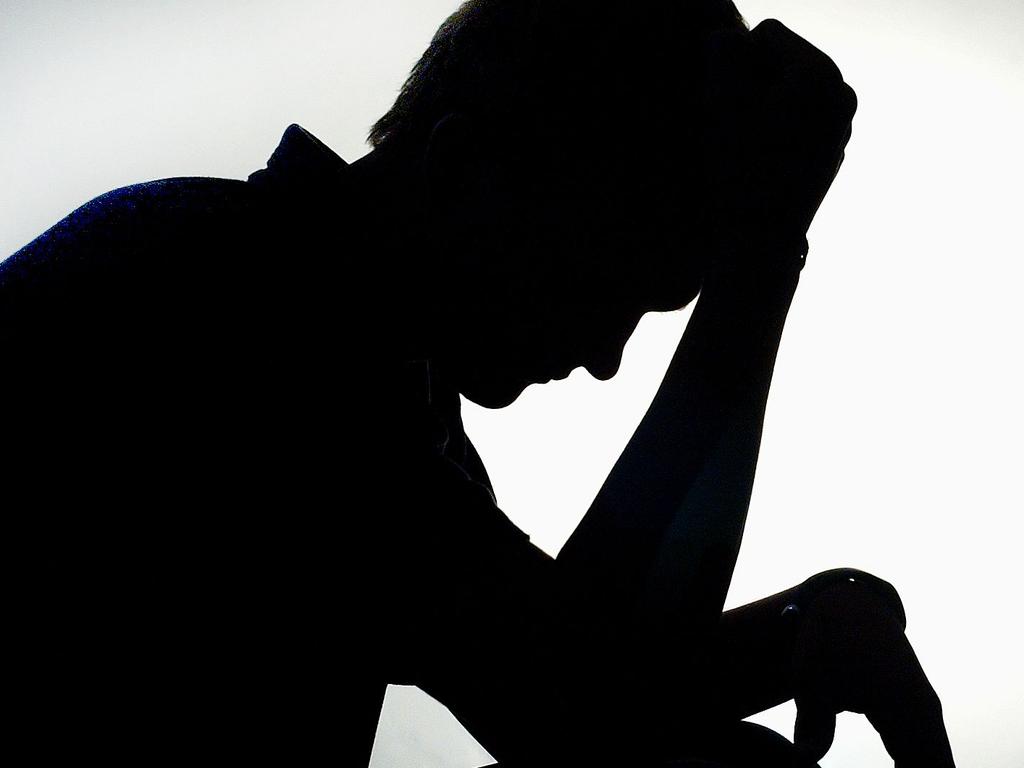Suicide rates among young may increase amid pandemic
Covid-19 has made worse feelings of uncertainty about work prospects for young people, deepening mental health issues.

Young workers in insecure jobs are reporting steep increases in mental health symptoms, citing changes caused by the Covid-19 pandemic that may have accelerated a mental health crisis a new report says.
As well, the new report from the Black Dog Institute showed while suicide rates did not appear to increase in Australia during the pandemic there could be a spike in years to come, chief psychiatrist Sam Harvey said.
“I think it is reasonable to think that it will be a couple of years before we truly know whether there has been a change in suicide as a result of everything that’s gone on with Covid,” Professor Harvey said.
“Young people, even if they’re suffering from depression or anxiety symptoms, they are often stuck at home with their parents or their families or their partners or their flatmates at the moment and that may be protective against suicide,” he said.
“And so it might actually be when life goes back to normal … those that are left behind, particularly young people, that might be when we start to really see the impact in terms of rates of suicide.”
As well, postdoctoral research fellow Andrew Arena said young people had bore the brunt of Covid-19 restrictions compared with older generations.
“In the last two years the difference we’ve seen in the mental health of young people in the workforce is striking,” Dr Andrew said.
“Around 15 per cent were reporting high levels of psychological distress in 2017. That figure has doubled to 30 per cent during the pandemic,” he said.
It’s likely a shift to casual jobs and the gig economy — which are typically filled by young people — over the past 20 years has led to an increase in mental health concerns according to the white paper, Modern work: how changes to the way we work are impacting Australians’ mental health.
“It’s not surprising that we’re seeing a higher number of young people reporting mental health issues. Even before COVID-19, young Australians’ employment prospects were in decline, and the pandemic has brought increasing uncertainty around work,” Dr Arena said.
“This instability can contribute to psychological distress and disproportionately affects younger workers who are more likely to have casual and gig jobs.”
The report, which conducted a new analysis of the Household, Income and Labour Dynamics in Australia Survey, found before the pandemic wellbeing scores for workers aged from 15 to 25-years-old dropped from about 70 per cent in 2010 to below 65 per cent in 2019.
Employees between 25 to 44-years-old consistently reported the highest perceived job security, followed by employees aged 45 to 64-years-old. But young staff aged 15 to 24 years felt the least secure, possibly reflecting their higher levels of casual employment.
People aged from 15 – 24-years-old made up one third of employees in industries badly affected by the pandemic, the report said.
It showed the average amount of time taken off work due to work-related mental health claims increased by 86 per cent between 2000 and 2017.
As well, the costs of mental health-related claims increased by 209 per cent in that same time period.





